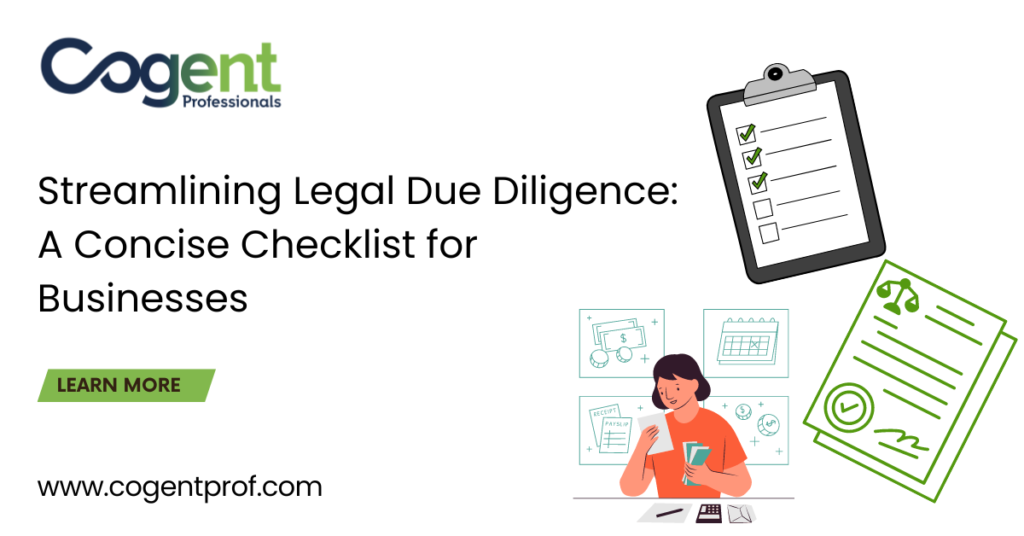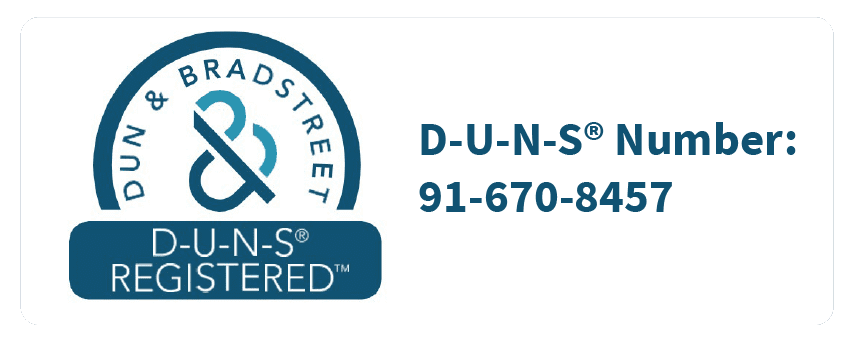
In the intricate dance of business transactions, legal due diligence serves as the sturdy foundation upon which ventures thrive or falter. With myriad complexities to navigate, a streamlined checklist can be the beacon guiding businesses through the maze of legal intricacies. Let’s distill the essential components into a concise yet comprehensive legal due diligence checklist:
- Corporate Structure and Governance: Confirm adherence to corporate governance standards, reviewing key documents like articles of incorporation and shareholder agreements.
- Contracts and Agreements: Identify critical contracts and agreements, focusing on provisions impacting the transaction’s viability.
- Intellectual Property Rights (IPR): Assess the ownership and status of intellectual property assets, flagging any disputes or infringement risks.
- Regulatory Compliance: Ensure compliance with industry regulations and licensing requirements, with a spotlight on potential liabilities.
- Litigation and Legal Proceedings: Investigate ongoing legal disputes and their potential impact on the business’s financial health and reputation.
- Employment Matters: Review employment contracts and HR policies, identifying any labor-related risks or pending claims.
- Financial Records: Scrutinize financial statements and tax records for accuracy, uncovering any hidden liabilities or irregularities.
- Real Estate Assets: Verify ownership or lease agreements for properties, assessing associated environmental and legal risks.
- Insurance Coverage: Evaluate insurance policies to mitigate risks and ensure adequate coverage for potential liabilities.
- Data Privacy and Security: Assess compliance with data protection laws and cybersecurity measures to safeguard sensitive information.
- Anti-corruption Compliance: Confirm adherence to anti-corruption laws, scrutinizing business practices for any ethical or legal breaches.
- Due Diligence on Partners and Suppliers: Conduct background checks on key partners and suppliers to mitigate risks associated with business relationships.
By condensing the legal due diligence process into a succinct checklist, businesses can navigate the complexities of transactions with agility and confidence, ensuring robust risk management and informed decision-making.
Seeking assistance? Connect with our financial strategies and planning services tailored for both businesses and individuals.
Visit us at www.cogentprof.com Contact us via email at [email protected] or give us a call at +91 86961 99999



